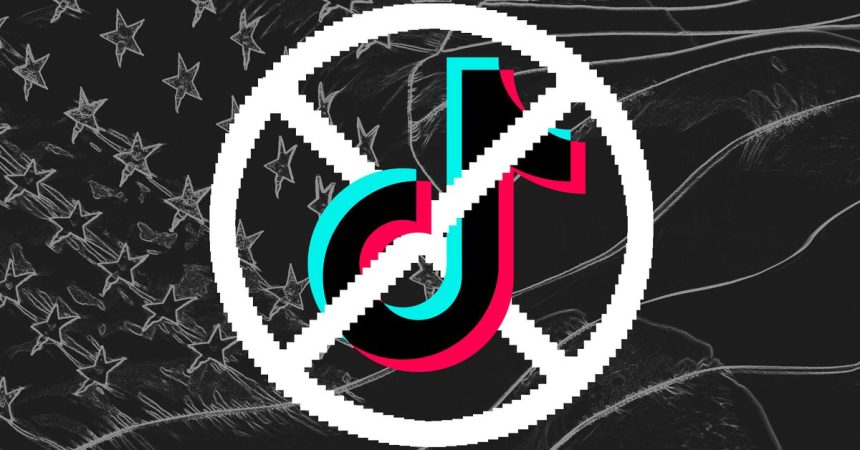The looming threat of a TikTok ban in the United States has seemingly cast a wider net than anticipated, impacting users beyond American borders. In the hours following the initial reports, a wave of complaints flooded social media platforms from users in various countries who found themselves unexpectedly locked out of the popular short-form video app. The reasons behind this widespread disruption remain unclear, fueling speculation and frustration among the affected user base.
One prominent explanation points to the use of Virtual Private Networks (VPNs). Users routing their internet traffic through US-based servers appear to be inadvertently triggering the ban, receiving the US-specific warning message. Some have reported successfully regaining access by simply switching their VPN location to a server outside the US, suggesting a direct link between the VPN’s US connection and the blockage. However, this fix hasn’t proven universally effective, leaving a significant number of users still locked out.
Further complicating the matter are reports from users who claim they were never using a VPN and yet still experienced the lockout. A recurring theme among these users is the location where they originally created their TikTok accounts. Individuals who signed up for the platform while residing in the US, but have since moved to other countries – including Canada, Germany, Australia, Greece, and Poland – report being unable to access the app despite their current location. This suggests that TikTok’s ban mechanism may be linked to account origin rather than current geographical location, potentially relying on information collected during the initial sign-up process.
Adding another layer of complexity, several users maintain they have never even been to the US, yet they too are experiencing access issues. These users, residing in countries like the UK, Canada, and Australia, report being unable to access TikTok despite having no US connection history. This raises questions about the accuracy and scope of TikTok’s identification methods and whether factors beyond location and VPN usage are at play. Furthermore, reports of blocked access from countries like Morocco and Ireland further broaden the geographical scope of the issue, suggesting a more widespread disruption than initially anticipated. One user from Mozambique speculated that their access was revoked due to circumventing their country’s monetization laws by setting their account region to the US, suggesting that account settings related to monetization and region could also be contributing factors to the widespread access issues.
The lack of clarity surrounding the lockout has left many users searching for answers and expressing frustration. The inconsistent nature of the problem, coupled with the variety of reported locations and circumstances, suggests that the issue might stem from a combination of factors, including VPN usage, account creation location, account settings, and potentially other unidentified variables. This lack of transparency from TikTok has further exacerbated the situation, leaving users in the dark about the precise reasons for the lockout and the steps needed to regain access.
TikTok’s silence on the matter has only fueled speculation and increased user anxiety. Without official clarification, users are left to troubleshoot individually, relying on anecdotal evidence and online forums for potential solutions. This widespread disruption highlights the potential for unintended consequences when implementing geographically targeted restrictions in the interconnected digital landscape. A prompt and transparent response from TikTok is crucial to address user concerns, clarify the reasons behind the lockout, and provide clear guidance for those affected. Until then, the uncertainty and frustration among users outside the US are likely to persist.



